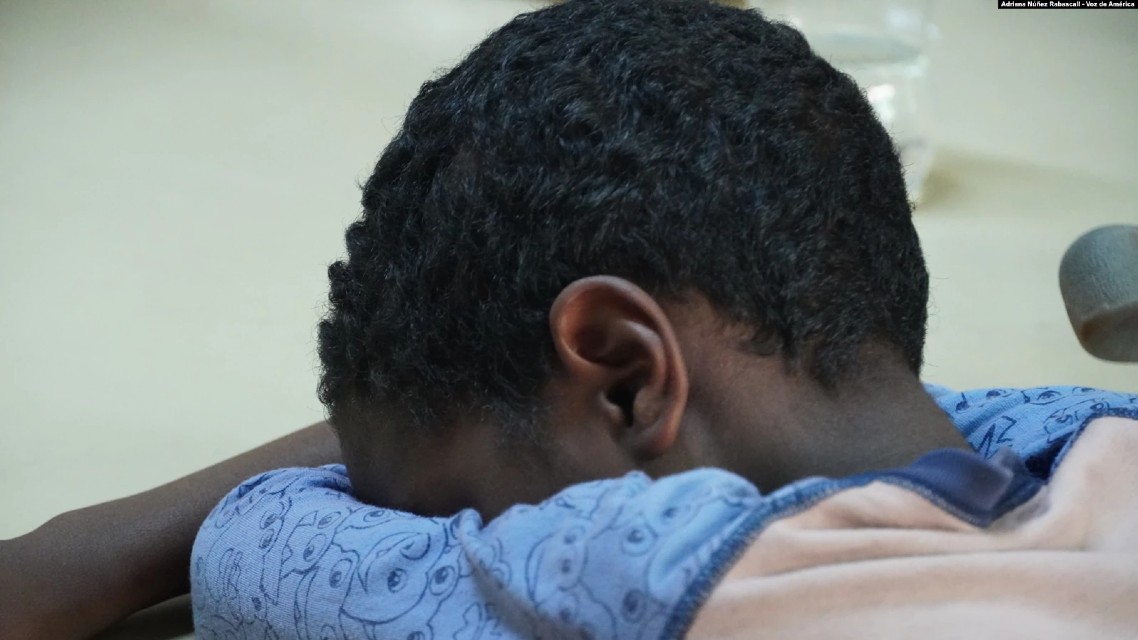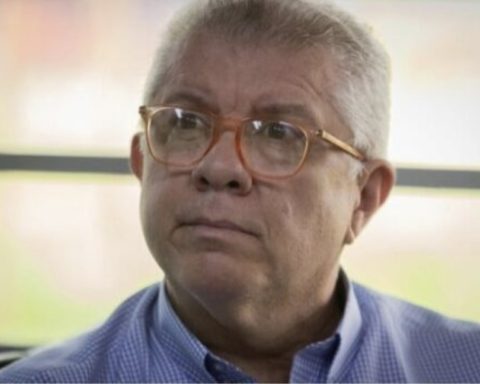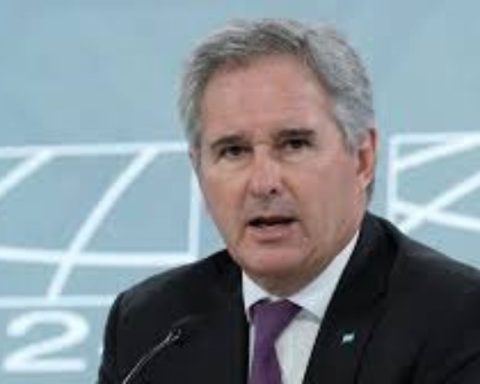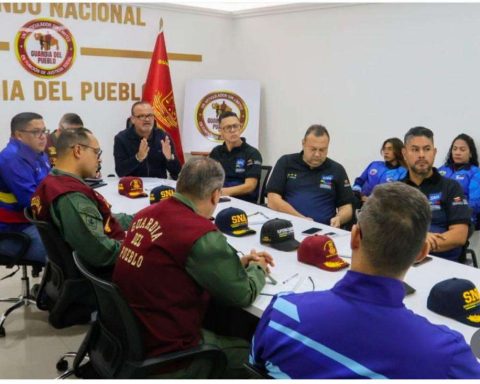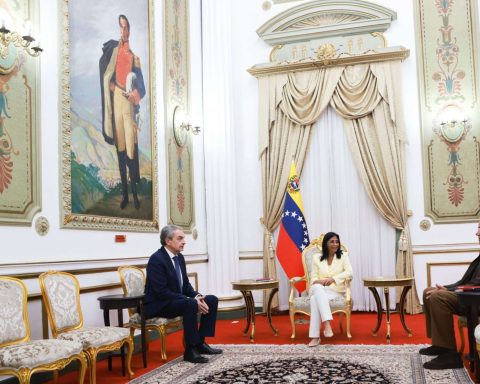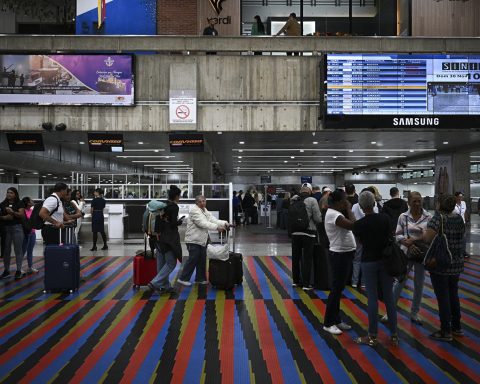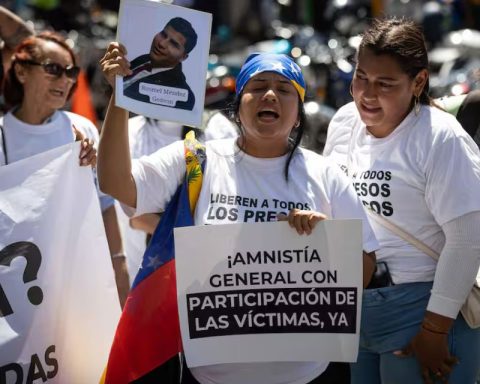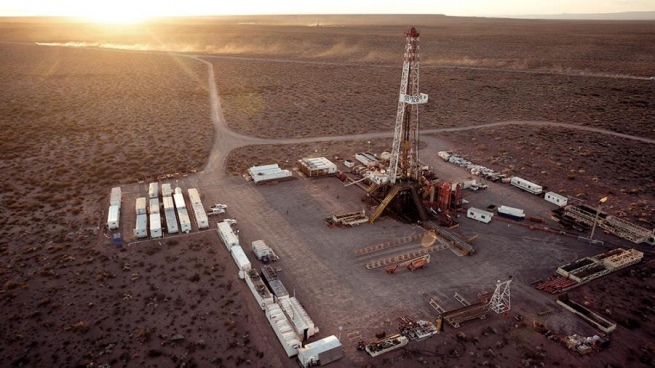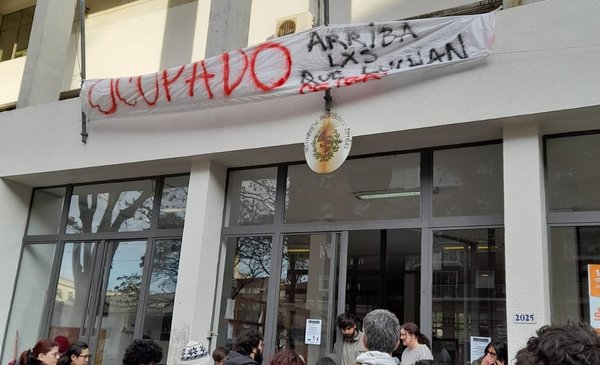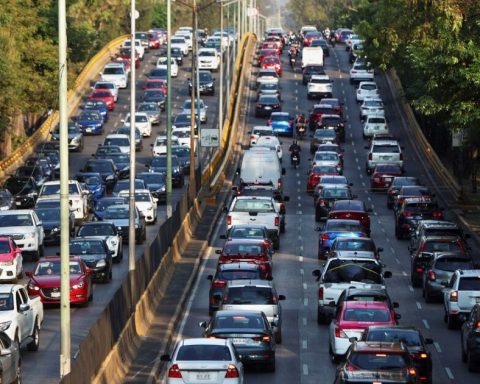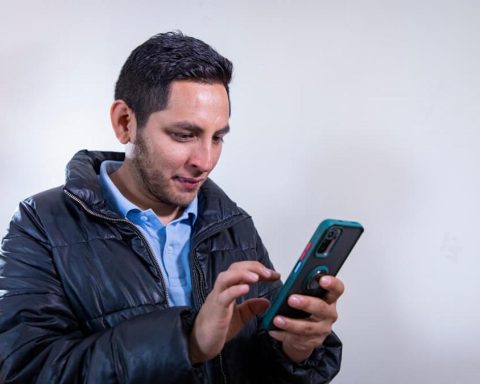Venezuela went from having 56 children’s shelters in 2016, to only 30 this year, according to the National Assembly of Entities and Programs for the Protection of Children and Adolescents
Text: Adriana Nunez Rabascall
Poverty, emigration and intra-family violence are part of the range of factors that make Venezuelan children increasingly vulnerable and that put defenders of children’s rights on alert.
“The increase in requests to enter a shelter has increased 70% in the last two years, compared to a decrease in the number of shelters,” warns lawyer Leonardo Rodríguez, former director of the Don Bosco shelter network.
Venezuela went from having 56 children’s shelters in 2016, to only 30 this year, according to the National Assembly of Entities and Programs for the Protection of Children and Adolescents. Some of these spaces have closed due to lack of money, paradoxically, when they are most needed to function.
“The issue of abandonment, abandonment on public roads or hospital abandonment has increased significantly. Many cases of abuse are coming to us and, unfortunately, also many cases of sexual abuse,” says Dayany Sánchez, legal director of the Hogar Bambi network of shelters, dedicated to child protection for 25 years.
Hogar Bambi shelters about 100 vulnerable children and adolescents, but donations come in at a trickle.
“Unfortunately, as the reality with which children come to us is more difficult, obviously, the investment that is required to be made is in specialists. There are many malnutrition issues, they come with comprehensive health consequences. They require more attention. That approach is expensive. They need laboratory tests, a special diet, psychological or psychiatric care, and that is too high an investment,” says Sánchez.
Until a few years ago, the Hogar Domingo Savio house in Caracas sheltered 31 children, but today it can only receive half.
*Also read: Children and adolescents with disabilities have more obstacles to get documents
“We have had the loss of quite a few donors who left. Companies and friends who have left the country and who supported us with food, with any need, because the children’s home is sustained by charity,” laments Luisa Astudillo, who has run the place for 14 years.
The income they manage is insufficient to maintain the infrastructure. Despite the cleanliness of the place, the bathrooms need repairs and transportation to move children to classes or recreation has been out of order for months.
“They don’t just eat, they don’t just dress, you have to take care of their emotional part, they come from quite complicated situations, they have gone through things in their lives. They are children! They are small children who have to move forward and make them see that they have the opportunity to get ahead,” says Astudillo.
In Venezuela there are no official figures of children at risk. President Nicolás Maduro wrote on his Twitter account that “the fight against child abuse is a task that we must assume collectively.” However, non-governmental organizations point out to his government that it does not have clear policies to serve this population.
Post Views:
69
